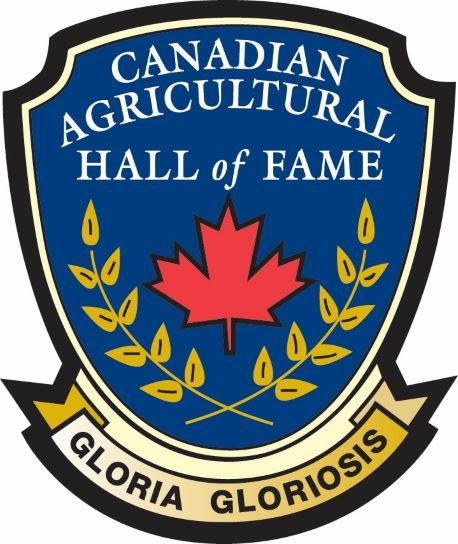The pioneer of zero till seeding in Saskatchewan will be one of four new inductees to the Canadian Agriculture Hall of Fame this year.
James Halford started operating the family near Indian Head in the 1960s after a career as a farm management specialist with Saskatchewan Agriculture.
Realizing that wind and water erosion were destroying the fragile thin topsoil, he adopted zero-till, a new farming method that was being tried in the United States.
The one-pass fertilizing and seeding practice offers minimum soil disturbance, counters wind and water erosion and stores more carbon in the soil.
Realizing the need for air delivery of seeds he invented a direct seeder in 1983. By 1989, he had developed ConservaPak Seeding Systems to build the seeders on the farm site. The seeder business was later sold to John Deere.
Halford worked to develop the Saskatchewan Soil Conservation Association and was a founding member of the Indian Head Agricultural Research Foundation.
Direct seeding and zero till became a common farming practice by 2007.
Halford was inducted to the Saskatchewan Agriculture Hall of Fame in 2010.
Others being inducted into the Canadian Agriculture Hall of Fame with Halford are Jay Bradshaw, developer of CleanFarms, the ag container national recycling operation; Saskatchewan malt barley breeder Bryan Harvey; and Canadian federal agriculture policy developer Douglas Hedley, who worked on programs from Growing Forward to the current Canadian Agri-Food Partnership.
Ron Walter can be reached at [email protected]




